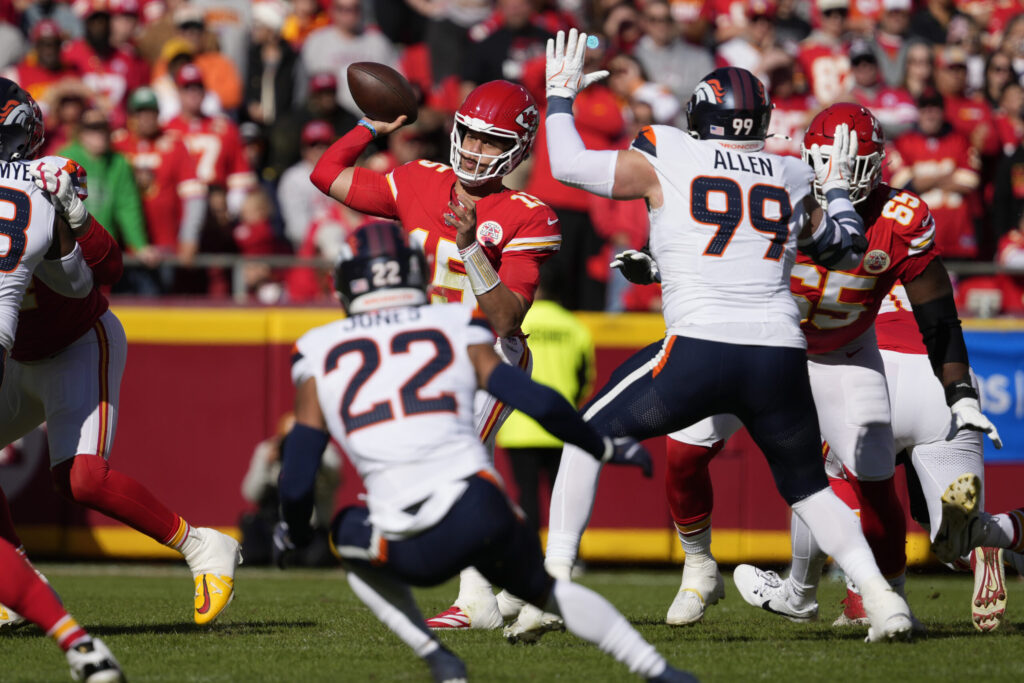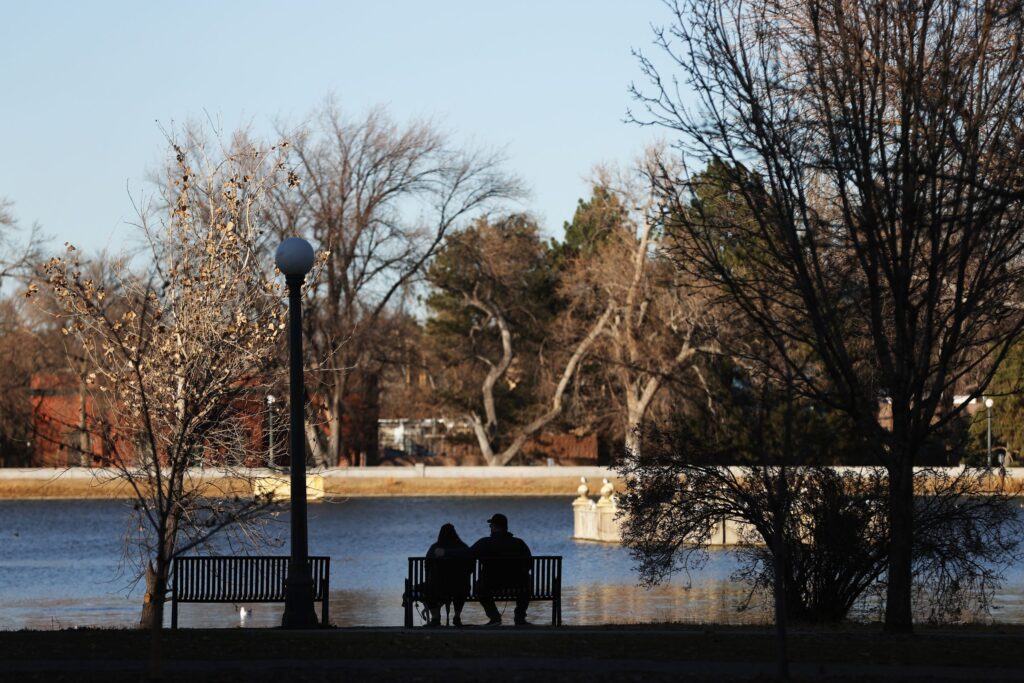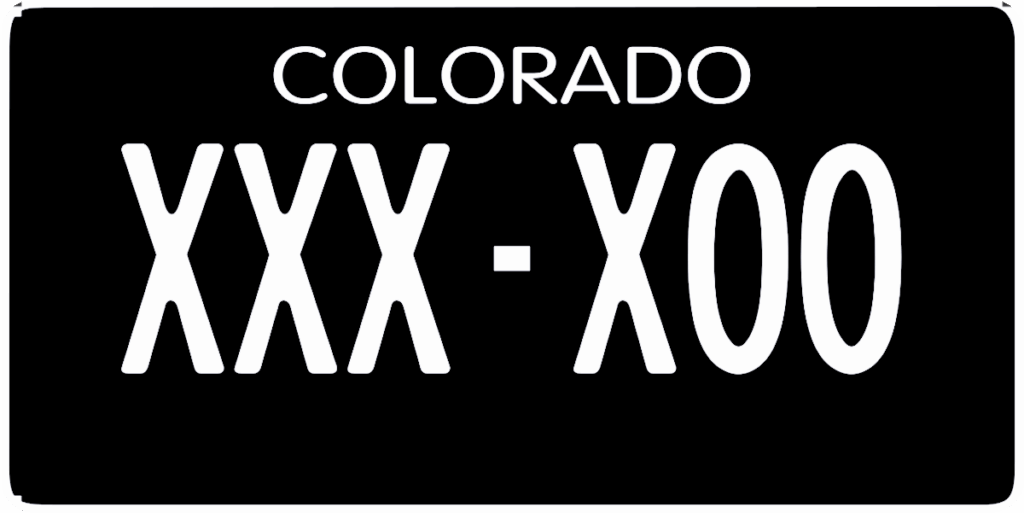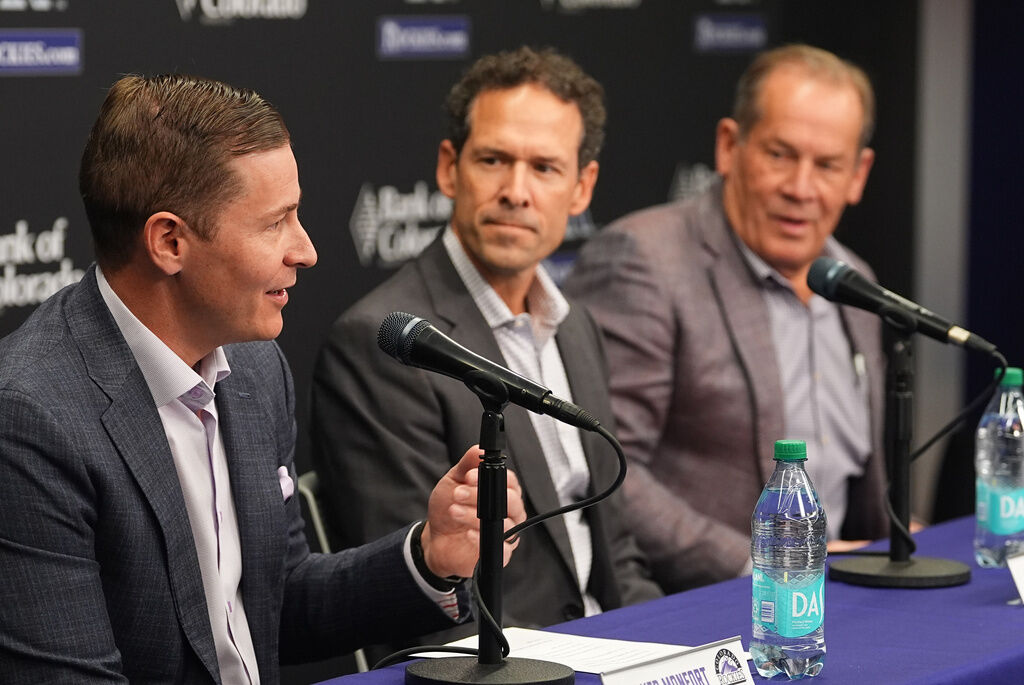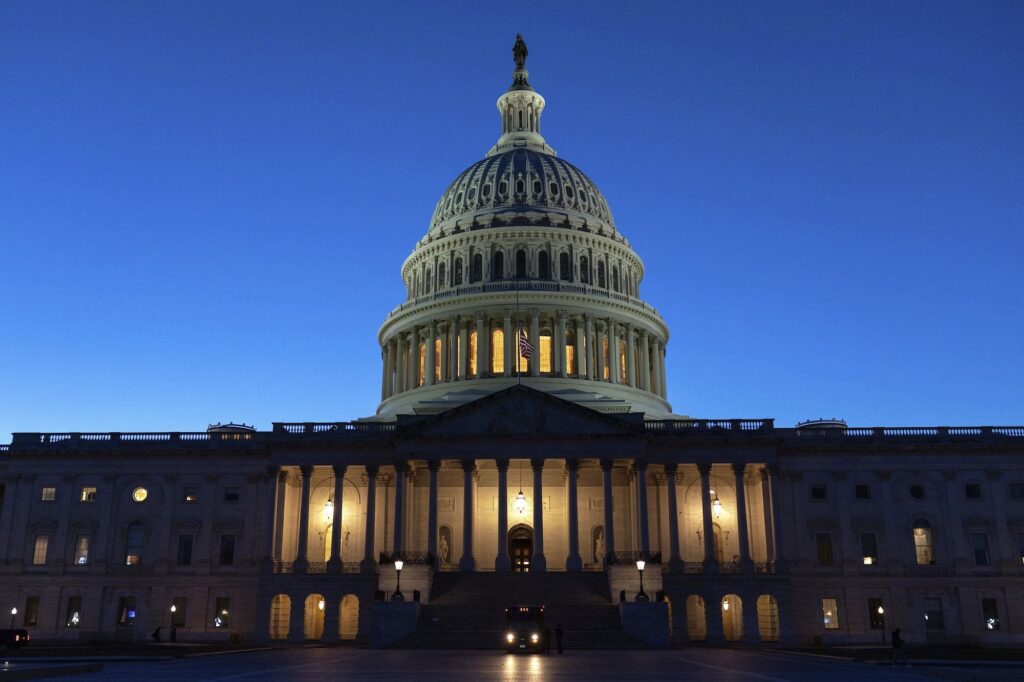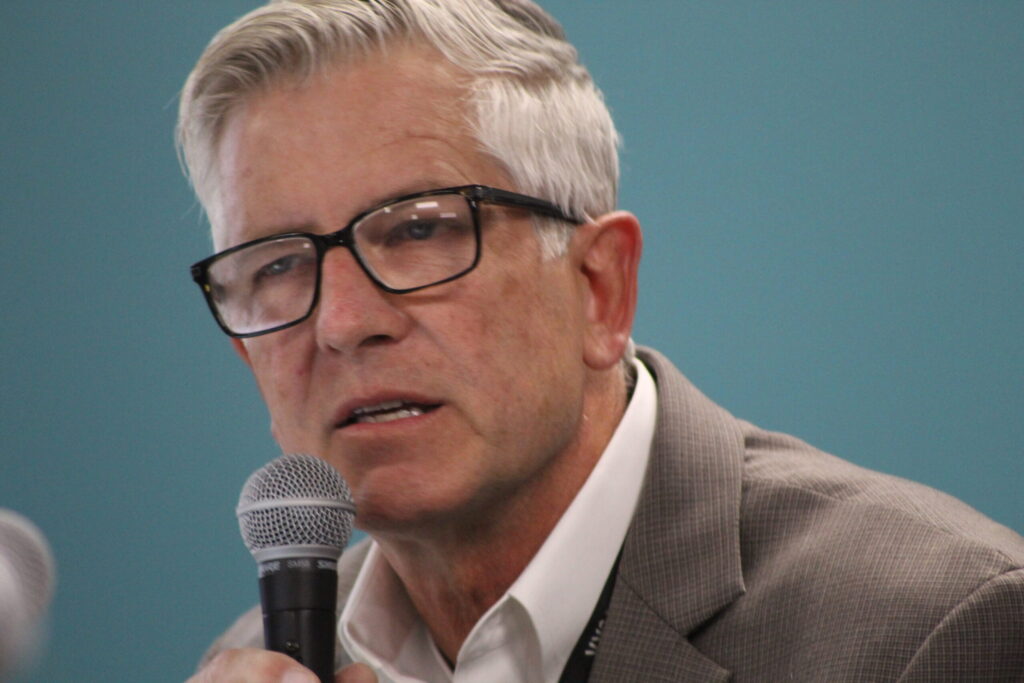Denver to disclose non-monetary settlements
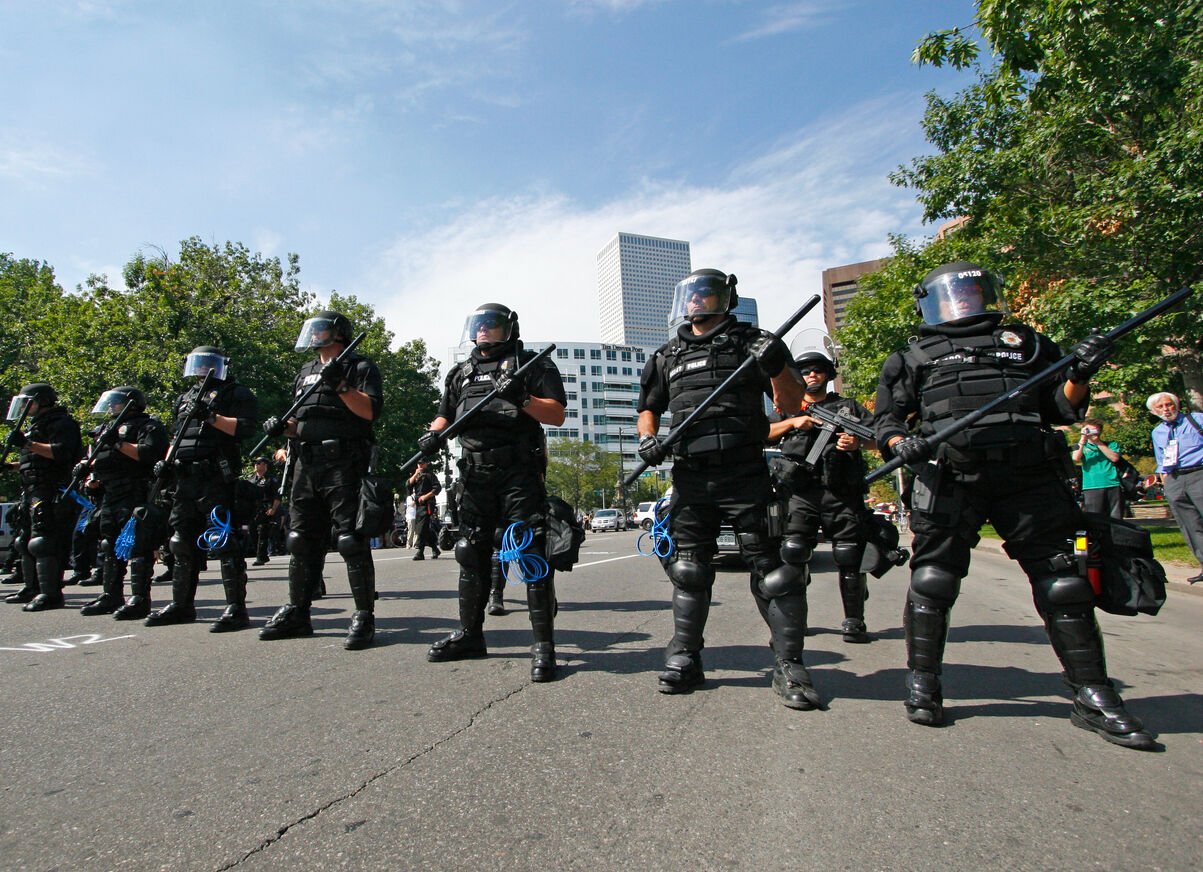
filo
After a unanimous vote by the Denver City Council on Monday, the city’s Department of Public Safety must now disclose all non-monetary settlements to the Citizens’ Oversight Board (COB).
Officials said that the amendment to the city code, which creates the city’s first formal policy for disclosing details of such settlement obligations, will increase transparency and offer greater opportunities to improve programs and policies.
Non-monetary settlements refer to the resolutions of disputes where the parties agree to terms that do not involve direct cash payments, but rather actions or agreements that address the underlying issues of the case.
More than 150 legal settlements related to the conduct of public safety personnel between 2017 and the first quarter of 2024 were reviewed by Councilmembers Jamie Torres and Stacie Gilmore.
“Four of those settlements included non-monetary commitments,” Torres said.
Under the new code, such settlements must be reported to the Office of the Independent Monitor and the COB within 30 days of approval by the City Council.
Typically, these types of settlements may involve actions such as the elimination of or requirement for certain kinds of equipment, such as body cameras, enhanced training and restrictions on use of force policy.
Until now, there has not been a formal policy or ordinance requiring the disclosure of non-monetary settlements.
The change also requires the city attorney’s office to provide the COB with copies of any final settlement agreements related to the Department of Public Safety that include nonmonetary terms or commitments.
“I think this is an important transparency measure, and it adds important context to the settlement data that my office tracks,” said District 8 Councilmember Shontel M. Lewis. “I think it may allow for better outcomes, because it will force the city to not only adhere to the non-monetary terms of a settlement, which we are already required to do, but it allows us to track how well we are adhering to those terms.”
The COB is a body made up of nine community members who are broadly tasked with overseeing the Department of Public Safety and the Office of the Independent Monitor. They play an advisory role in matters of public safety, including policy recommendations.
“These non-monetary provisions are often critical to making structural changes that can prevent future harm, and proposed ordinance changes will allow us to monitor the extent to which these important commitments are complied with over the years,” said COB Chair Julia Richman at a recent council committee meeting. “There have been several examples of non-monetary settlement terms that have driven large and lasting improvements.”
The new rule will not apply to settlements involving discipline, disqualification, or appeals initiated by uniformed personnel.






